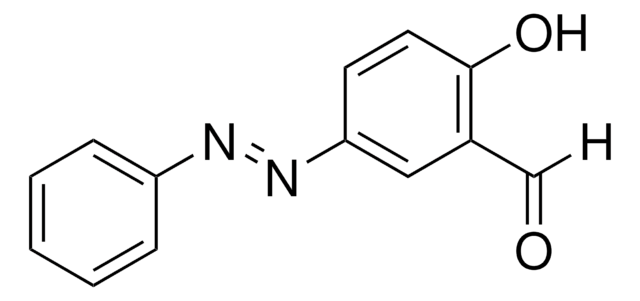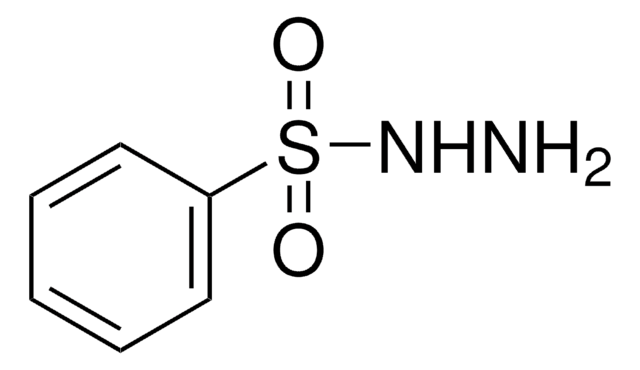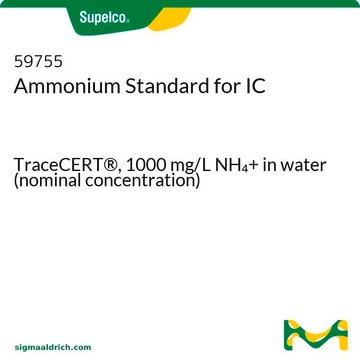SML0416
TCN-201
≥98% (HPLC)
Synonym(s):
3-Chloro-4-fluoro-N-[(4-{[2-(phenylcarbonyl)hydrazino]carbonyl}phenyl)methyl]benzenesulfonamide
About This Item
Recommended Products
Quality Level
Assay
≥98% (HPLC)
form
powder
color
white to beige
solubility
DMSO: 5 mg/mL (clear solution)
storage temp.
2-8°C
SMILES string
Fc1ccc(cc1Cl)S(=O)(=O)NCc2ccc(cc2)C(=O)NNC(=O)c3ccccc3
InChI
1S/C21H17ClFN3O4S/c22-18-12-17(10-11-19(18)23)31(29,30)24-13-14-6-8-16(9-7-14)21(28)26-25-20(27)15-4-2-1-3-5-15/h1-12,24H,13H2,(H,25,27)(H,26,28)
InChI key
FYIBXBFDXNPBSF-UHFFFAOYSA-N
Biochem/physiol Actions
Features and Benefits
Signal Word
Warning
Hazard Statements
Precautionary Statements
Hazard Classifications
Eye Irrit. 2 - Skin Irrit. 2 - STOT SE 3
Target Organs
Central nervous system, Respiratory system
Storage Class Code
11 - Combustible Solids
WGK
WGK 3
Flash Point(F)
Not applicable
Flash Point(C)
Not applicable
Certificates of Analysis (COA)
Search for Certificates of Analysis (COA) by entering the products Lot/Batch Number. Lot and Batch Numbers can be found on a product’s label following the words ‘Lot’ or ‘Batch’.
Already Own This Product?
Find documentation for the products that you have recently purchased in the Document Library.
Articles
We offers many products related to ion channel family glutamate receptors for your research needs.
We offers many products related to ion channel family glutamate receptors for your research needs.
We offers many products related to ion channel family glutamate receptors for your research needs.
We offers many products related to ion channel family glutamate receptors for your research needs.
Our team of scientists has experience in all areas of research including Life Science, Material Science, Chemical Synthesis, Chromatography, Analytical and many others.
Contact Technical Service









